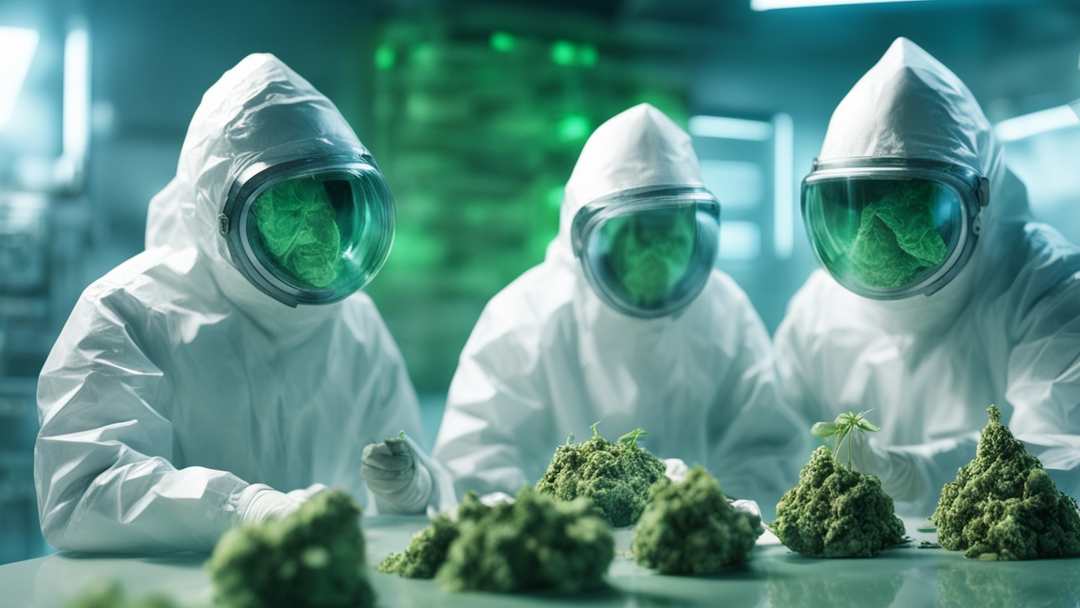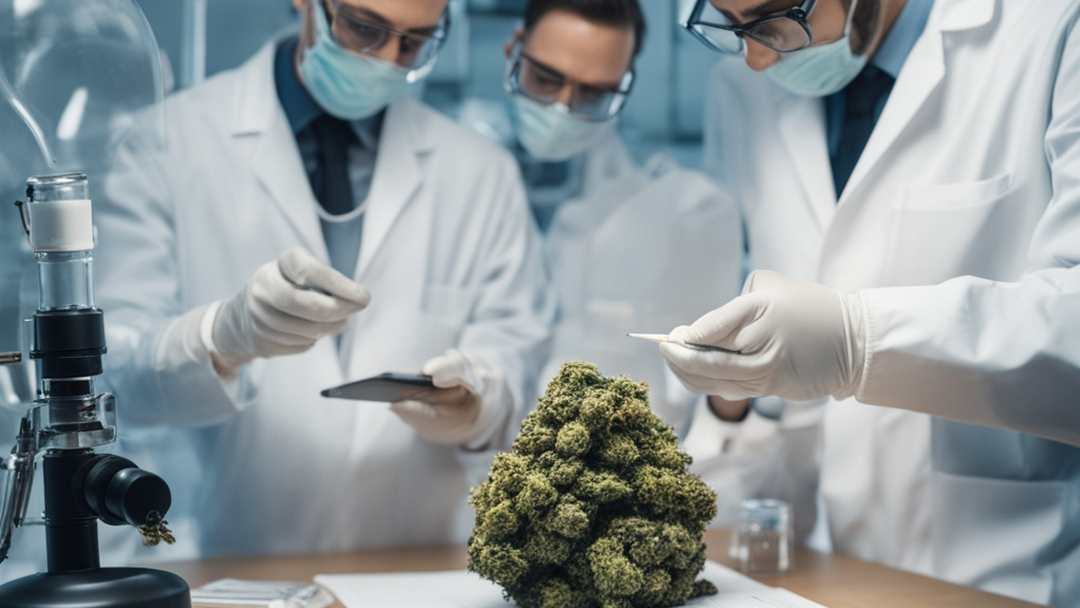For the first time, scientists have uncovered the precise neurological impacts of cannabis use that give rise to the phenomenon famously referred to as the “munchies,” as revealed by an innovative study backed by federal funds.
Researchers at Washington State University (WSU) have recently published their findings in the journal Scientific Reports, shedding valuable light on the neural mechanism through which cannabis activates a specific cluster of neurons in the hypothalamus region of the brain, resulting in an increased stimulation of appetite.
The hunger-inducing effects of marijuana are well-known among consumers. However, recent findings from animal research provide valuable insights that could potentially lead to targeted therapeutics for addressing conditions such as anorexia.
RESTORE YOUR SECOND AMENDMENT RIGHTS
RESTORE YOUR PROFESSIONAL LICENSE
RESTORE YOUR DRIVER LICENSE
RESTORE YOUR PAST (Expungements)
Call our Office for a free case evaluation
Komorn Law (248) 357-2550
Professional License Restoration / Rights Restoration / Record Expungments / Driver License Restoration
After exposing mice to vaporized cannabis, the researchers utilized calcium imaging technology, akin to a brain MRI, to monitor the changes in neuron activity. Through their investigation, they discovered that marijuana vapor attached to cannabinoid-1 receptors in the brain and activated Agouti Related Protein neurons in the hypothalamus, commonly known as “feeding” neurons.
Calcium imaging has been used to study the brain’s reactions to food by other researchers, but this is the first known study to use it to understand those features following cannabis exposure.
As part of this research, it was discovered that the cannabinoid-1 receptor, which is a target of cannabis, regulates the activity of Agouti Related Protein neurons. These particular neurons are well-known for their involvement in controlling feeding behavior and are located in the hypothalamus. This finding sheds light on the intricate connection between the cannabinoid system and the regulation of these essential cells in the brain.
With the help of this information, scientists employed a “chemogenetic” technique, acting as a molecular light switch, to specifically target these neurons in animals exposed to cannabis. By deactivating these neurons, the appetite-stimulating effects of cannabis were no longer present.

Komorn Law – Federal Courts and All Michigan Courts
“We now know one of the ways that the brain responds to recreational-type cannabis to promote appetite,” said Davis.
This work builds on previous research on cannabis and appetite from Davis’ lab, which was among the first to use whole vaporized cannabis plant matter in animal studies instead of injected THC—in an effort to better mimic how cannabis is used by humans.
In the previous study, researchers discovered genetic alterations in the hypothalamus as a response to cannabis. Therefore, in this investigation, Davis and his colleagues specifically concentrated on this particular region.
Now tell us why it makes food taste so much better!
Read more here – Cannabis activates specific hunger neurons in brain
More Posts

NY judge fines unlicensed cannabis shops $15 million
It's their corner now“This punishment should serve as a clear warning for all unlicensed cannabis stores in the state: we will enforce the law and shut down your operations,” state Attorney General Letitia James saidThe owner of seven unlicensed cannabis shops in New...

When Cannabis Businesses Are No Longer Subject to IRS 280E
IRS 280E and Cannabis BusinessesWhat is IRS Section 280E? Section 280E of the Internal Revenue Code restricts businesses from deducting typical business expenses from their gross income related to the distribution of Schedule I or II substances per the Controlled...

Vehicle Forfeiture in Canada – The Process of Taking
Thank You... and have a nice day eh!Disclaimer: We are not Attorneys in Canada. This is an article of information obtained from various sources and presented here. We can only assume they are accurate. If you ever find a reason to go to Canada and need a lawyer...we...

Boating in Michigan on Alcohol and Drugs – It’s Illegal
If it's got a motor, it's a BUIWe got lakes, we got boats, we got alcohol, we got cannabis all the fun you can possibly find on a holiday weekend in the summer. Just don't combine them all or you'll be calling us or your cousin Vinny. Operating a Boat Under the...

Alcohol, Drugs, Kayaking – It could be a problem
Can I drink alcohol and smoke cannabis if I'm canoeing or kayaking or tubing or paddleboarding or just floating around?While Michigan law doesn't explicitly forbid consuming alcohol on non-motorized vessels like canoes or kayaks, it's strongly discouraged for safety...

Michigan Workers Right to Protest – Can They Force a Change in Business Strategy?
Michigan Workers and the Right to Protest: Can They Force a Change in Business Strategy?The ever-evolving economic landscape can create friction between Michigan workers and their employers. Workers may find themselves at odds with company strategies or investments,...

THC Associated with Increase of Survival Time in Palliative Cancer
Summary from the official government website (Link Below)The Use of Tetrahydrocannabinol Is Associated with an Increase in Survival Time in Palliative Cancer Patients: A Retrospective Multicenter Cohort StudyThe study, conducted by researchers in Germany, analyzed...

Justice Department Submits Proposal to Reschedule Marijuana
Proposed Rule Seeks to Move Marijuana from Schedule I to Schedule III, Emphasizing its Currently Accepted Medical Use in Treatment in the United StatesThe Justice Department announced today that the Attorney General has initiated a formal rulemaking process to...

Bloomfield Hills Doctor Convicted of $6M Medicare Fraud Scheme
JUSTICE.GOVFor Immediate Release Office of Public AffairsA federal jury convicted a Michigan doctor today for causing the submission of over $6.3 million in fraudulent claims to Medicare for medically unnecessary orthotic braces ordered through a telemarketing...

The Legal Significance of Marijuana Reclassification
The Impact of Marijuana Reclassification on Legal LandscapeOn May 6, 2024, the DEA made a groundbreaking decision, accepting the US Department of Health and Human Services' recommendation to reclassify marijuana from Schedule I to Schedule III controlled substance....











